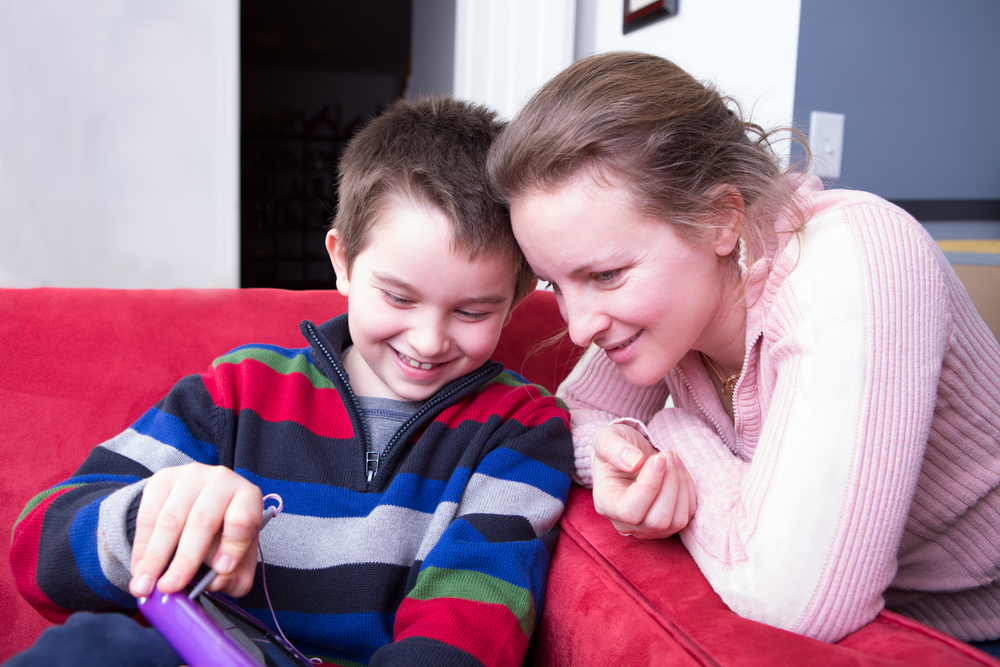|

STEPS TO HELP YOUR KIDS STOP FIGHTING
 Did you know that 70% of all families have children who fight
physically? If your family is one of them, take heart, you are not alone.
The good news is, physical fighting can be eliminated or strongly alleviated if
you are willing to make some important changes. Too often we unwittingly
reinforce fighting through our actions, words, or, in some cases, inaction. By
implementing the steps below, you will decrease the incidences of physical
fighting for the long term: Did you know that 70% of all families have children who fight
physically? If your family is one of them, take heart, you are not alone.
The good news is, physical fighting can be eliminated or strongly alleviated if
you are willing to make some important changes. Too often we unwittingly
reinforce fighting through our actions, words, or, in some cases, inaction. By
implementing the steps below, you will decrease the incidences of physical
fighting for the long term:
 Speak
to each child separately and listen to their needs. Speak
to each child separately and listen to their needs.
Hear them out and listen for root causes of fights - jealousy, stress,
frustration, misplaced anger, feeling left out, boredom, habit? Listen with an
open heart and try to understand. Validate your child’s feelings through
reflective listening. Example: “So you feel like I favor your brother.” Even if
you disagree with what your child expresses remember that he has a right to
feel what he feels. By empathizing we relieve some of the negative energy that
leads to fights, and we show our children that we really DO want to understand
how they feel.
Then ask, “What can we do to solve this problem?” Your
child needs to be part of the solution. Also, see if there’s something you need
to change in your own behavior (having short fuse, showing favoritism, being
inconsistent). End the conversation with a hug and reassurance of your love
- Have
a family meeting to address the problem together.
Do this at a neutral time when you’re all relatively relaxed. Start by
appealing to your children's hearts and spirits. Let them know how much you love
them. Ask your children what a peaceful home would feel like like to them.
Affirm the goodness of each child, and tell them that when physical fighting
occurs, the peace in your home is shattered. Let your children know how hard it
is to watch the people you love so deeply hurting each other.
- Teach
them how to cool off.
Make a list with each child of things that help them calm down when they’re
mad. Here are a few suggestions to start with:
go into another room squash a stress ball
wash your face clean out a drawer
take a long drink of water go outside and breathe the fresh air
take five slow deep breaths hug a stuffed animal
write an angry letter and throw it away do push-ups or sit-ups
go outside and run scribble on a large piece of paper

- Let
your children know that you love each one uniquely.
Many fights stem from jealousy. We love each child in his or her own special
way, and it’s very important that we convey this in words, not just assume that
our children know it. We may express our love differently with each child, but
that doesn’t mean that we love one child more than the other. Tenderly explain
this.
- Trust
your role as parent.
Set the expectation for a fight-free home and stick with it. You are the most powerful
role model your children have and your words make a difference. Make it clear
that hurting each other is absolutely unacceptable under any circumstance, and
you expect your children to honor this.
- Catch
your children in the act of working out problems and affirm them for it.
Each time you see your kids cooling off, compromising, or giving “I messages”
instead of hitting (Example: “I don’t want you grabbing things from me.”), let
them know how proud you are. Ask how they felt about the good choice they made.
This further reinforces good behaviors and holds up a mirror to your children's
best selves.
- Teach
empathy.
If one child hurts the other, let him know how it made you feel, and ask the
following questions:
- How do you think that made your brother/sister feel?
- How would you feel if someone did that to you?
- What can you do to make it better?
 Spend
15-20 minutes a day of uninterrupted time with each child. Spend
15-20 minutes a day of uninterrupted time with each child.
You can alternate with your partner, and if you’re a single parent, alternate
nights with each child. When you spend this sacred time with your children,
honor it completely by not answering the phone or allowing in any external
distractions. If your kids are old enough, have them occupy each other when
you’re with a sibling. Remind them that their time will come too. Doing this on
a regular basis gives each child a strong message that he is very important to
you. This is a powerful tool in preventing fights.- What
are you and your partner modeling?
Ask yourself this question. If your children are observing a lot
of conflict, they will follow suit. Children learn by imitation, and as
parents, we need to be extremely mindful of the examples we set. What we do, we
will eventually see in them.
- Limit
intake of violent TV shows, videos, and computer games.
Children who regularly view violent acts on screen are more apt to be
physically aggressive. Pre-screen videos your child wants to see and strongly
discourage movies or games with violent content
- If
a fight occurs, take immediate action.
Let your children know unequivocally that physical fighting is
not acceptable. Give each child a time-out in a separate spot. After they’ve
had a chance to cool off, talk to each child individually. Hear them out and
try to understand what motivated their actions. Ask what they can do
differently next time.
 If
fighting still continues, ask yourself the following questions: If
fighting still continues, ask yourself the following questions:
- Is there some underlying need or issue in any of your children that has not
been addressed? If so, what might it be?
- Is there a pattern to the fights? Are there specific circumstances that are
setting your children off? If so, what can be done to change this?
- Are you and your partner sticking with the “no-fight” commitment, or is one
of you looking the other way? It’s critical that you are both on the same page.
- Are your kids testing to see if you’re going to follow through? If this is
the case, give stronger consequences for fighting: take away a special toy, video
game, or computer game, or take away a privilege like TV or staying up late on
the weekend. Avoid taking away things like sports or birthday parties. And, if
you say you’re going to take something away, then make sure you follow through.
Otherwise you’ll reinforce the fighting.
If you have done everything suggested here and your children are
still fighting, consider some family counseling.
Better to address the issue now than wait for it to escalate. With mindfulness
and the willingness to make changes, fighting is something that you have the
power to change.

|
|
|



 Did you know that 70% of all families have children who fight
physically?
Did you know that 70% of all families have children who fight
physically? Speak
to each child separately and listen to their needs.
Speak
to each child separately and listen to their needs.
 Spend
15-20 minutes a day of uninterrupted time with each child.
Spend
15-20 minutes a day of uninterrupted time with each child.